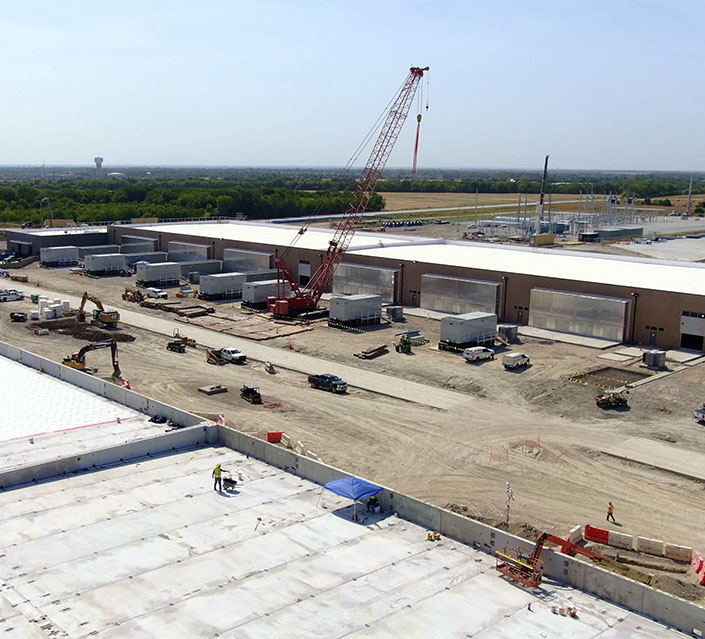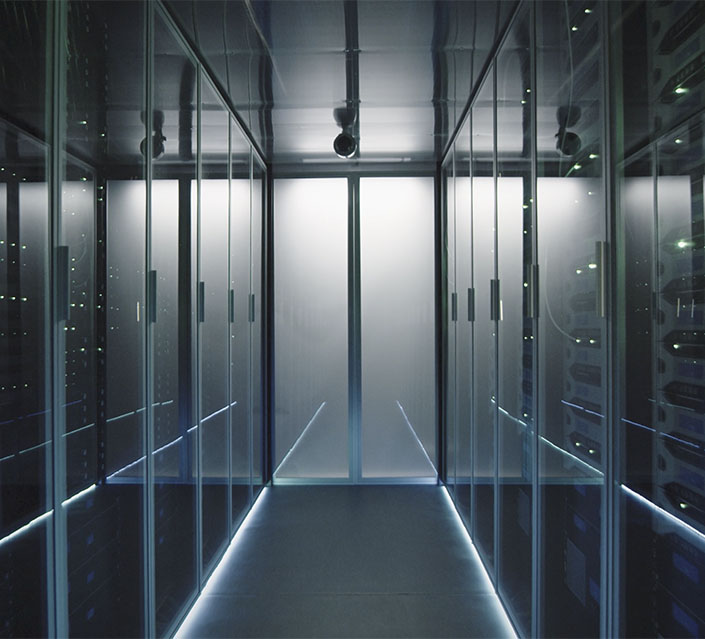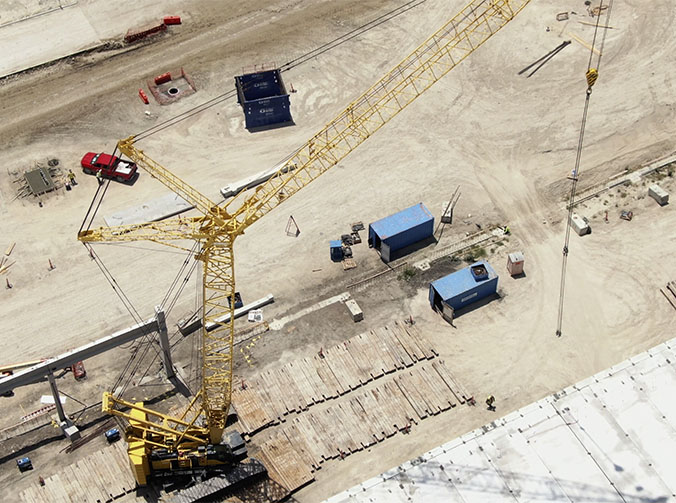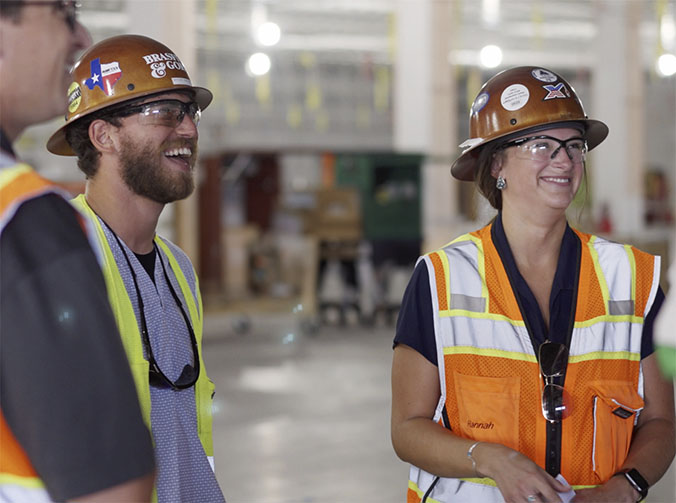Des centres de données différents
Compass : des centres de données hyperscale et cloud adaptés aux clients, des campus spécialisés grâce à une chaîne d’approvisionnement étroitement intégrée et un réseau centré sur le client.
L’innovation dans tout ce que nous faisons, de la sélection du site à la livraison

Notre chaîne d’approvisionnement intégrée, ainsi que l’utilisation de technologies de pointe et de composants préfabriqués permettent à Compass de se démarquer. Cela nous permet de mettre en place des centres de données dans des endroits stratégiques.
En savoir plusDes conceptions flexibles au détail près

La conception de nos campus de centres de données est pensée pour répondre à vos besoins spécifiques, avec la promesse d’une livraison rapide et de capacités disponibles en continu.
En savoir plus
Responsables envers l’environnement
Chaque centre de données que nous livrons est conçu dans une optique de durabilité, de la construction à l’exploitation. Les installations de Compass sont optimisées pour offrir l’utilisation la plus responsable possible des terres, de l’énergie et de l’eau.
En savoir plusDes milliards de dollars investis dans des constructions dans le monde entier

Compass a construit pour les plus grands centres de données hyperscale. Notre approche dans la sélection des sites repose sur une attention particulière aux besoins des clients qui nous permet d’identifier les marchés de manière proactive. Sur chacun de nos chantiers, notre engagement envers la sécurité est tout aussi important.
En savoir plusRemettre en question les hypothèses

Agir différemment améliore chaque aspect du développement de nos centres de données. Atteindre ces objectifs est possible grâce à une culture d’entreprise qui remet continuellement en question les hypothèses sans jamais accepter le statu quo.
En savoir plus
